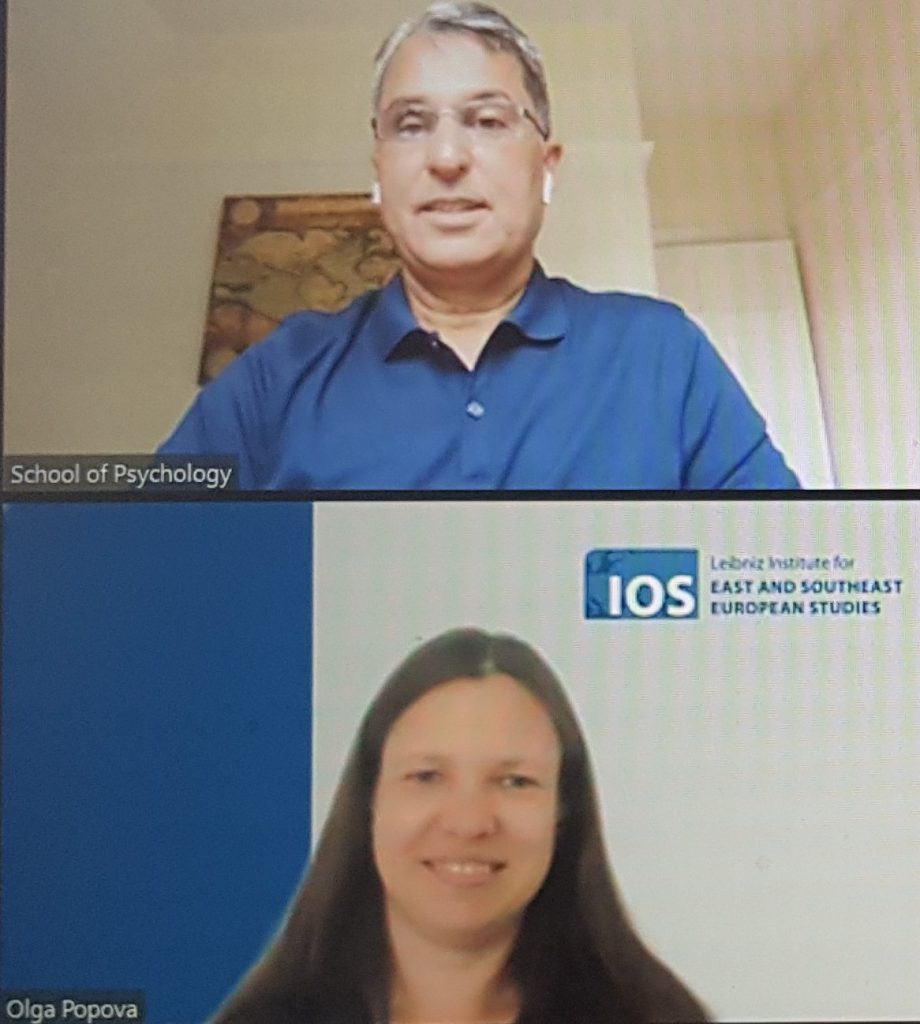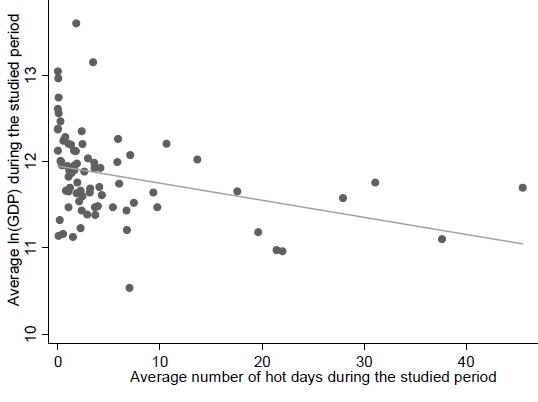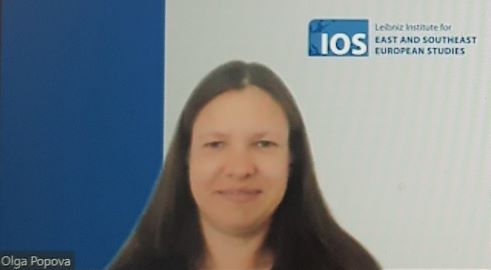The GLO Virtual Seminar is a monthly internal GLO research event chaired by GLO Director Matloob Piracha and hosted by the GLO partner institution University of Kent. The results are available on the GLO website and the GLO News section, where also the video of the presentation is posted. All GLO related videos are also available in the GLO YouTube channel. (To subscribe go there.)
The last seminar was given on July 8, 2021, London/UK at 1-2 pm, by Olga Popova, Institute for East and Southeast European Studies (IOS) & GLO on Does weather sharpen income inequality in Russia? See below a report, the presentation slides and the full video of the seminar.

Report
Does weather sharpen income inequality in Russia?
GLO Virtual Seminar on July 8, 2021
Olga Popova, Institute for East and Southeast European Studies (IOS) & GLO
Video of the Seminar. Presentation slides. ***Published***

ABSTRACT
Using subnational panel data, this paper analyzes how hot and cold extreme temperatures and precipitation affect economic activity and income distribution in Russia. We account for the intensity of exposure to extreme temperatures by analyzing the impacts of both single and consecutive days with extreme temperature, i.e., heat waves and cold spells, and examine several labor market channels behind those effects. We find that consecutive extremely hot days decrease regional GDP per capita but do not affect income inequality. Poor regions are affected by extreme temperatures relatively more than rich regions. These effects occur because of reallocation of labor from employment to unemployment, an increase in prices in poor regions, and to some extent because of changes in the industrial employment structure, while relative wages are not affected. Extremely cold days, both single and consecutive, as well as extreme precipitation have a limited impact on economic activity and income distribution.
Research Questions and Contribution
- Examine the distributional impacts of extreme temperature and precipitation shocks, using the regional panel data from Russia
- Account for the intensity of extreme temperatures exposure by simultaneously
examining the impacts of both single and consecutive days with extreme
temperature - Identify and test the labor market channels behind the inequality‐temperature
relationship - Study if the impacts are heterogeneous
• Poor vs. rich regions
• Hot vs. cold regions
Correlation between days above 25°C and ln(GDP) in Russia




Ends;

